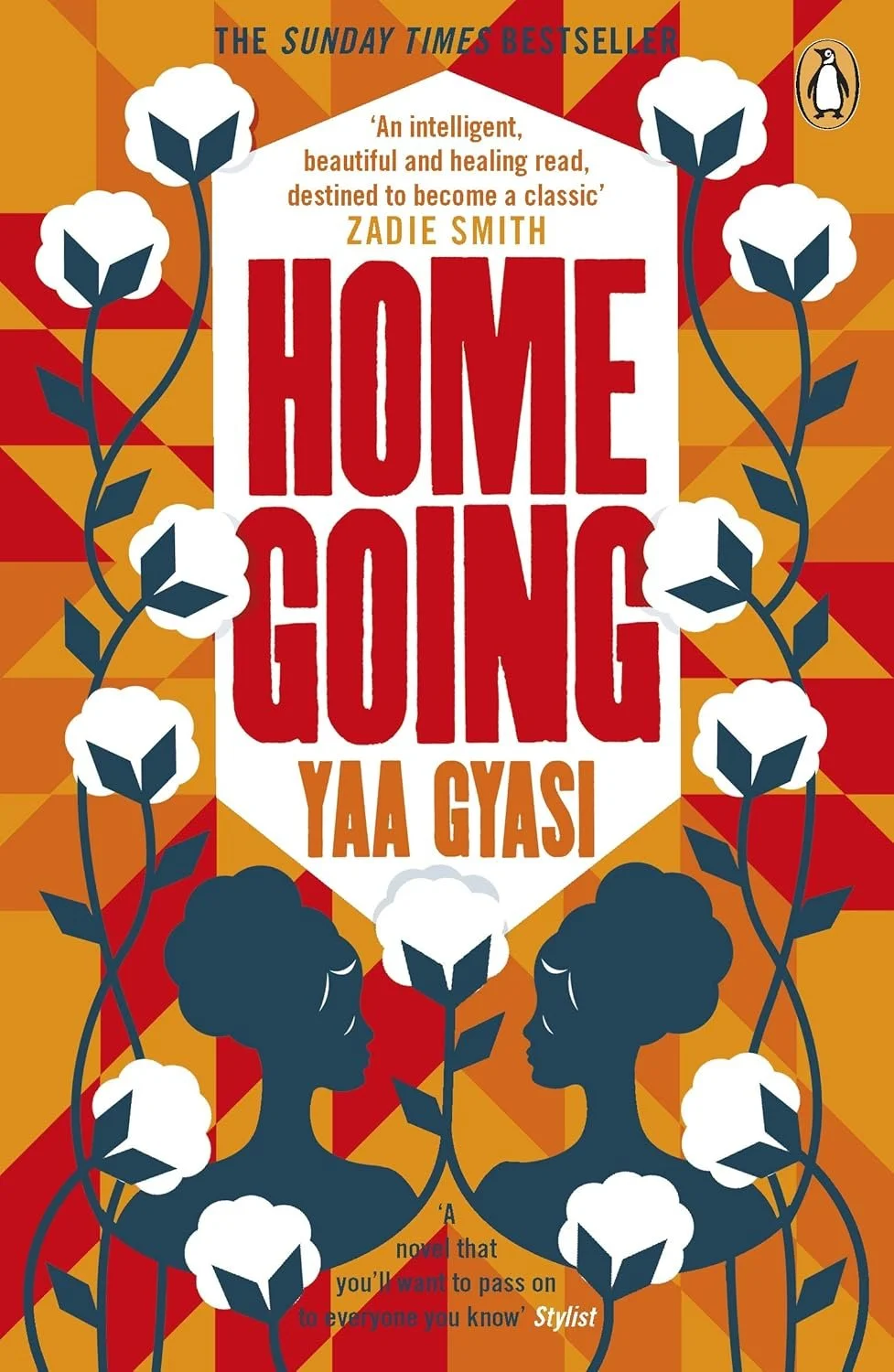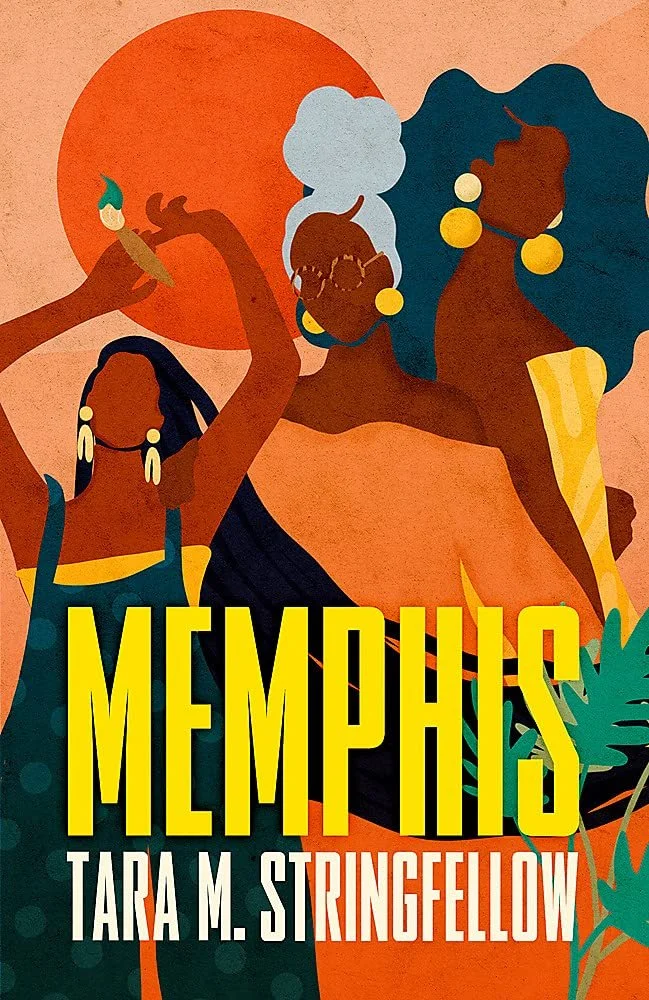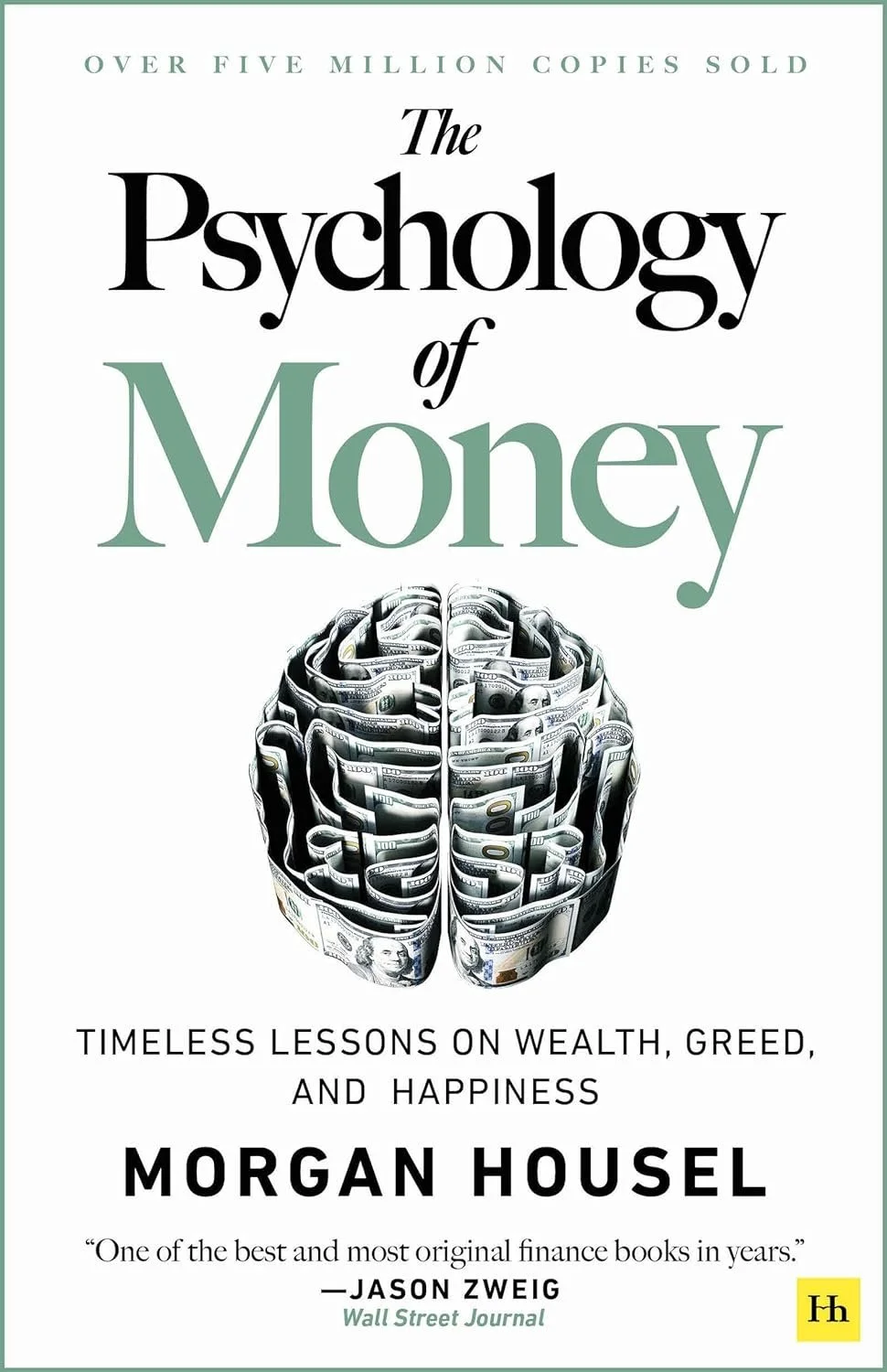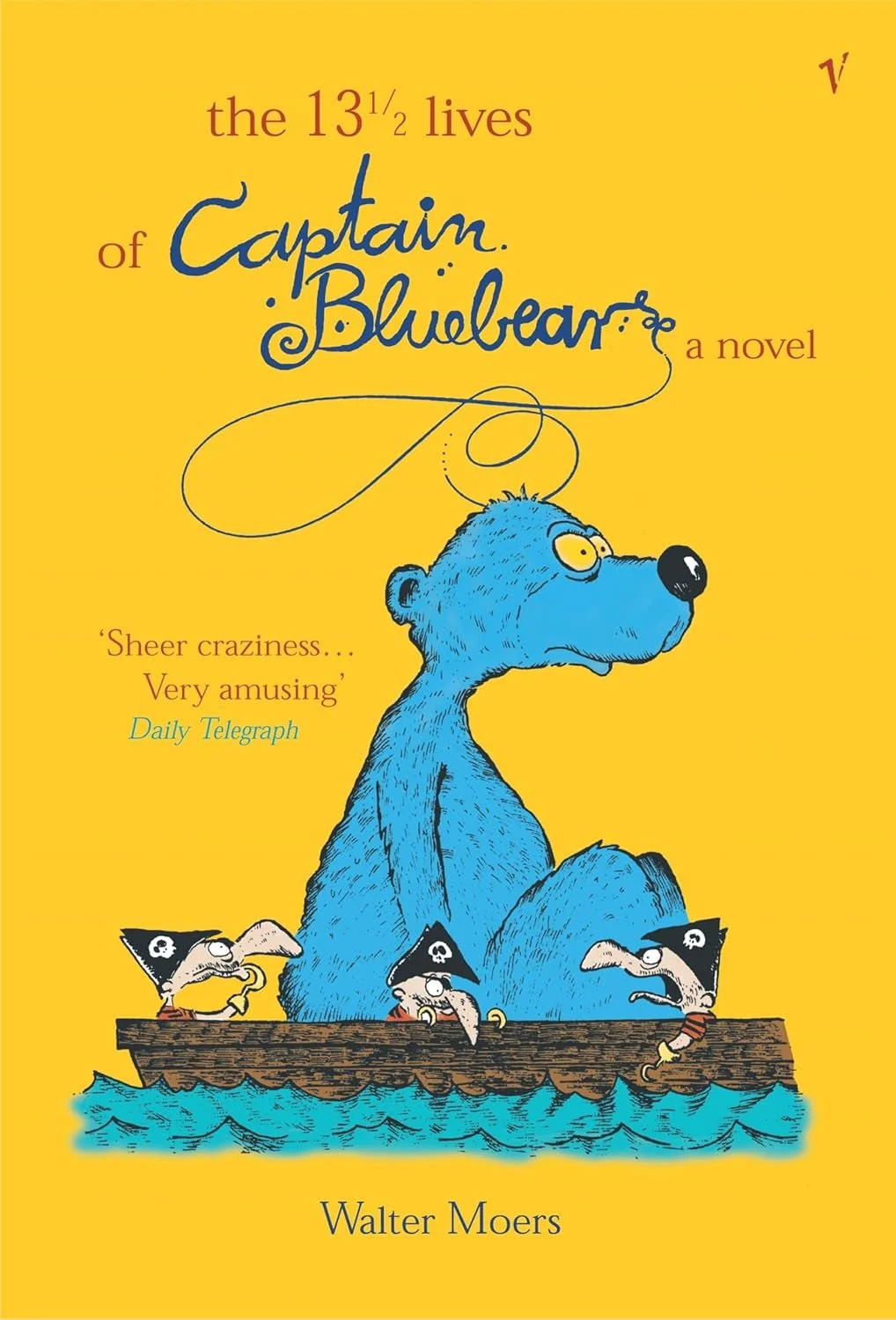James von Simson recommends
James is a Partner in the investment team at Evelyn Partners where he specialises in advising multi-generational and multi-jurisdictional families on their investments, family governance, wealth preservation, and philanthropic strategies. James sits on both the STEP Worldwide Council and the CISI International Committee. He is also an Ambassador for the Diversity Project.
Read on to find out which six books James recommends, and why…
I’ve always thought we read to learn or escape, to broaden our perspectives or switch off our brains (reading Dan Brown on a lilo), to get out of our skins and into another’s. Thanks to a prodigious Kindle and Audible habit (you are welcome Jeff) I could easily have produced a dozen different lists but the six below are my six most often recommended.
Honourable mention to Empire of Pain by Patrick Radden Keefe, The Seven Moons of Maali Almeida by Shehan Karunatilaka, The Transgender Question by Shon Faye and Oranges by John McPhee who wanted this to be a top ten list.
Igifu
Scholastique Mukasonga
Mukasonga’s writing career only started in her mid-fifties, 20 years after 37 members of her family were killed during the Rwanda genocide, with her multi-award winning autobiographical debut Cockroaches. Originally published in French in 2010, Igifu is her follow up collection of short stories and her first work of fiction.
Heartbreaking in their evocation, at the centre of the stories lie the struggle of the Tutsi community, portraits of exiles in Burundi and France and the insidious legacy of Rwanda’s Christianisation; the eradication of history and tradition by missionaries. Something she subsequently describes as an urgent duty of remembrance, paper graves she had to build for her family, to counteract the anonymity of those without a burial.
Immediately beautiful, the stories begin gently, almost inconsequentially, before falling into the inevitable heart rendering, frequently violent, conclusions. Igifu reads like a liberation of memories, a form of therapy, to release but never forget. When I finished I immediately started again.
Home Going
Yaa Gyasi
Homegoing is about the afterlife of the transatlantic slave trade and an unflinching look at West Africa’s role. Beginning in the 18th century in what became what become Ghana with a young girl sold by her father to a slaver trader as his child bride. Only to be taken to live in Cape Coast Castle where her half-sister is held in the dungeon after being kidnapped in an earlier raid. The book then unfurls across seven generations of their different blood lines across the US and Ghana and three centuries.
From the horrors of slavery and colonial rule to the struggle for independence in one country to the struggle for civil rights in another. It is love rather than suffering which binds the stories together. Sweeping in scope and yet so personal as to make the time and place of each story inconsequential. Gyasi successfully braids the two tales together, a true generation saga.
“We believe the one who has the power. He is the one who gets to write the story. So when you study history, you must always ask yourself, Whose story am I missing?”
Memphis
Tara M. Stringfellow
Stringfellow’s lush, florid, writing juxtaposes the grim reality of trauma inflicted on three generations of the female members of the family across a century. It’s only as I type this that I now see quite a patten in my favourite fiction! Perhaps I’m now rejecting all the Flashman novels I read as a child.
Memphis is told through constantly shifting perspectives, moving back and forth though time, capturing the creativity and strength of each of the four main characters as they face the challenges of societal change to the horrors of extreme familial violence. In the end, rather than feeling battered on their behalf, you are energised by their resilience and loyalty. The book is a love letter not just to the town of Stringfellow’s birth but the women who built it.
The Psychology of Money
Morgan Housel
From senior trustees to the rising gen of enterprising families. no other book recommendation has elicited so many “THANK YOU” responses. Our individual experiences mean we learn profoundly different lessons on about risk and reward, lesson that fail to appreciate the role luck plays in our individual success and envy plays in our recklessness.
Competitive advantage comes from nuance, communication, empathy and flexibility, not intelligence and technical skills which are increasingly automated away. Success comes from recognising wealth isn’t just financial and the destination is ‘enough’ and not ‘more than’.
These are the shared and timeless lessons on wealth, greed and happiness.
Faith, Hope and Carnage
Nick Cave & Seán O’Hagan
I’m neither a Nick Cave fan, nor a man of faith, and yet his book, in the form of a series of interviews, about the creative process, failed rehab, the power of, and his battle with, Christianity and grief in the face of losing his son literally stopped me in my tracks several times (listening to Nick’ baritone voice read the book on Audible added an extra, gutpunching, dimension). The book is both intensely personal and yet supremely generous; Cave has a way with words I judiciously steal from.
Hope is optimism with a broken heart.
The 13½ Lives of Captain Bluebear
Walter Moers
We all know cats have nine lives, but did you know blue bears have twenty seven? Covering the first half of his lives, the book starts with Bluebear, found adrift in a walnut shell by a band of mini-pirates. He is elevated to stardom by hobgoblins, befriended by talking waves, saved by a pterodactyl, traverses a desert of sugar, visits the 2364th Dimension and defeats the King of Lies in an epic 99-round Duel of Lies™. In the pantheon of Hitchikers Guide… and Discworld, did I read this as a bedtime story for someone or myself. Who could possibly say…







